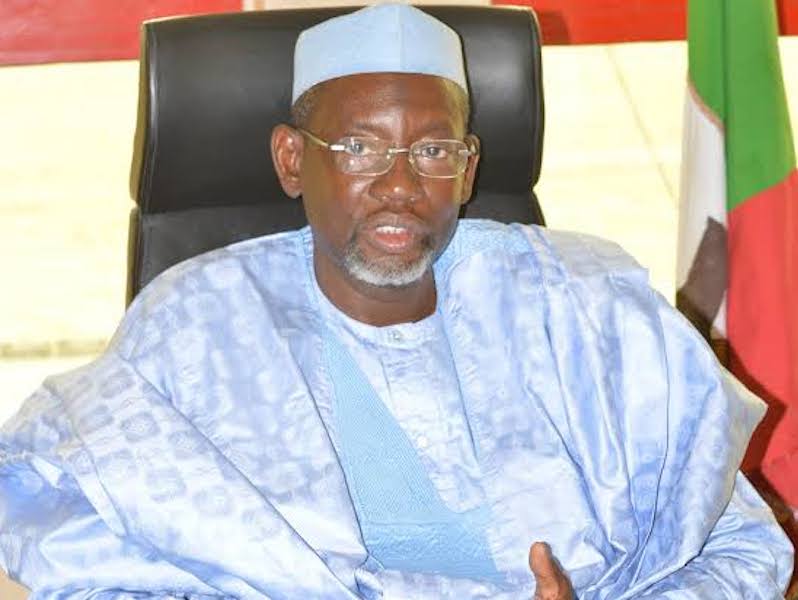#TrackNigeria The European Union (EU) on Tuesday empowered selected Civil Society Organisations (CSOs) in the country with €13.5 million to strengthen their regulatory capability for sustainable development.
Ketil Karlsen EU Ambassador to Nigeria and Economic Community of West African States (ECOWAS) said this at a news conference/official inauguration of Agents for Citizen-driven Transformation (ACT) programme, organised by the European body in Abuja on Tuesday.
Karlsen said that the funds were provided to enable the selected CSOs to play their mandated roles in the society.
He said that ACT would seek to improve CSOs’ self-regulatory mechanisms among the Organisations.
The ambassador said that the programme would also emphasise on building the capacity of right-holders to engage with duty bearers for sustainable development in the country.
A right-holder is a legal entity or person with exclusive rights to a protected copyright, trademark or patent, and the related rights of producers, performers, producers and broadcasters.
Duty-bearers on the other hand, are those actors who have a particular obligation or responsibility to respect, promote and realise human rights and to abstain from human rights violations. The term is most commonly used to refer to State actors, but non-State actors can also be considered duty-bearers.
Karlsen also said that ACT would work to mainstream gender equality in line with both the EU Gender Action Plan (2006) and Nigeria’s National Gender Policy (2006).
According to him, people living with disability will also be mainstreamed.
Speaking at the event, Bob Arnot, Programme Director for ACT, British Council, said that the programme would enhance the credibility of CSOs as independent drivers of change so that they would be able to implement projects they undertake.
Mr Damilare Babalola, National Programme Manager, EU ACT, said that the programme would last for four years.
Babalola explained that the fund would not go to the CSOs directly as it would operate as an intervention.
According to him, the EU has identified some tested CSOs that would mentor the organisations still developing to improve on what they do.
“We are looking at the results coming from the grassroots level also strengthening the chain for sustainable development,’’ he said.
News Agency of Nigeria reports that ACT is funded by the EU under the 11th European Development Fund (EDF) and implemented by the British Council.
ACT works with civil society organisations to enable them to be drivers of change in the country’s development.
The programme focuses on supporting CSOs to have an effective voice in government policy as well as mobilising Nigerians, including women and marginalised groups, to participate in grassroots politics and public affairs. (NAN)


